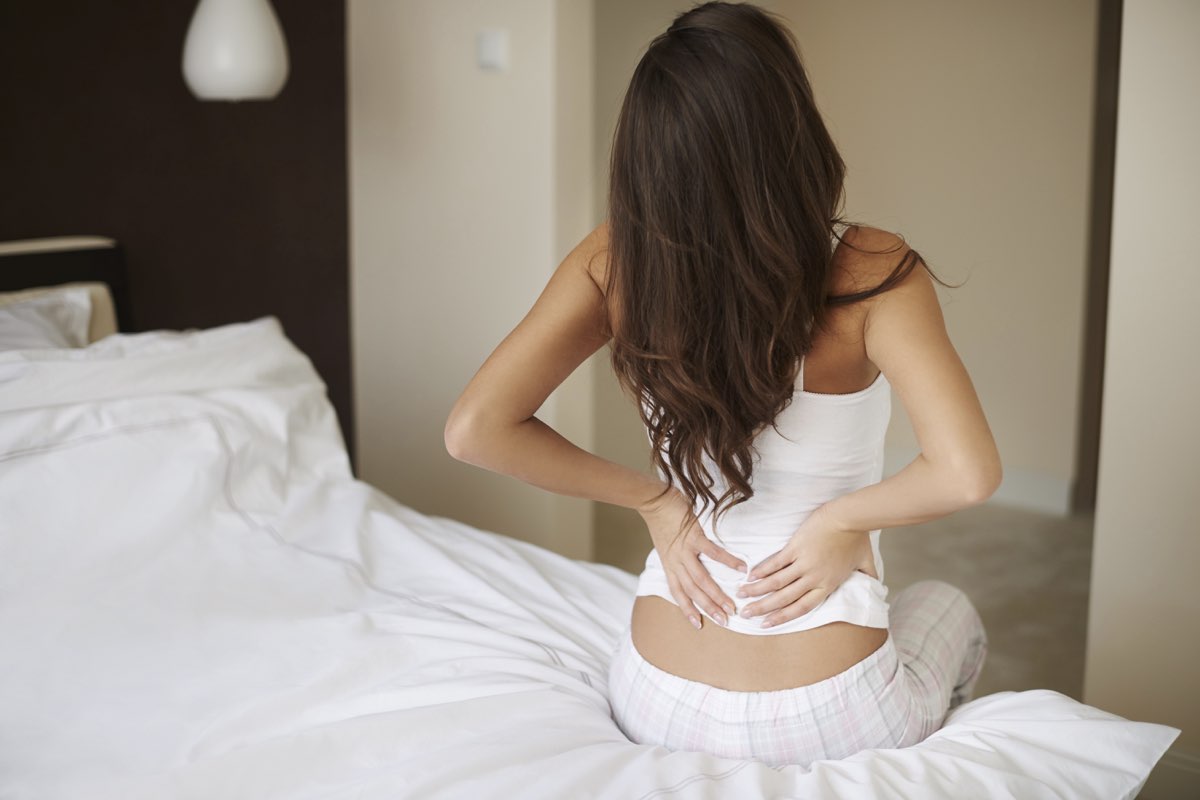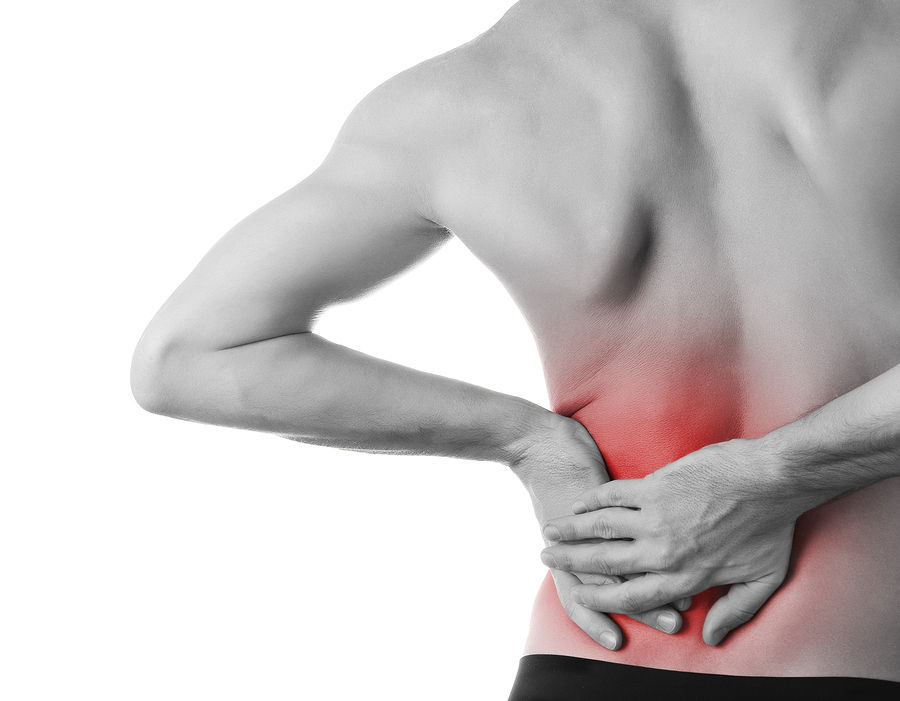

This is due to the massage therapist working on the muscles and breaking up any knots or adhesions that may have been causing tension and discomfort. You may also notice that your range of motion has improved and that you feel more relaxed and less tense overall. The soreness should go away within a day or two, but you may want to apply ice or take an over-the-counter pain medication to help reduce any discomfort. This is normal and is a result of the massage therapist applying pressure to the deeper layers of muscle tissue.

The day after a deep tissue massage, you may experience some soreness or tenderness in the areas that were worked on. Related – Feeling sick after a deep tissue massage? Here’s why and what you should do! What happens the day after a deep tissue massage? It is always a good idea to communicate with your massage therapist about your comfort level and any concerns you may have. It is important to note that deep tissue massages can be more intense than other types of massages, and some people may experience soreness or discomfort during or after the massage. They can be helpful for relieving pain and improving mobility, as well as reducing stress and improving overall well-being. The therapist may also use their elbows, fists, or forearms to apply deeper pressure.ĭeep tissue massages are often recommended for people who experience chronic muscle tension or have injuries that have caused muscle imbalances.

It is designed to release tension and knots in the muscles, as well as improve overall body function.ĭuring a deep tissue massage, the therapist will use a variety of techniques, including kneading, pressing, and rolling, to apply pressure to the muscles. Your body will create muscle memory if you have frequent massages, so aim to be regular with your sessions when possible.A deep tissue massage is a type of massage that focuses on the deeper layers of muscle tissue. Massage to relieve deep muscle knots will be quite different from a massage to stimulate relaxation, so keep this in mind. The massage shouldn’t feel painful at any time. Everyone's capacity in taking pressure varies. Your therapist will check during the massage but you should feel comfortable to voice out if the pressure is not enough or you can take more. It is important to discuss the pressure you prefer. If your spa doesn't offer a consultation, then that may lead you to serious injuries. Always ask for a therapist for consultation. The more open you are about your pains and aching muscles, the better it is for the therapist to understand your issues and provide you the right treatments. It’s important to do a consultation with a senior therapist at your nearest spa before choosing a therapy. Do stretches 3-5 times a day and hold each stretch for 15-60 seconds and increase by 2 seconds each week. Stretching exercises can help to maintain and increase tissue length. This helps release muscle tension, improve flexibility, and improve circulation. Stretch it out - Do a few gentle stretches on your own. Provide enough sleep for the next 3 to 4 days after a massage We all know how our body resets during sleep hours. Sleep - Do not try to be awake for long and miss your sleep post therapies. The body needs time to set back if it's been a very long time since your last message or if your muscles were very stressed. Rest well - Allow your body to enjoy the benefits of the massage by giving yourself enough rest for a couple of days. It is essential to increase your intake of water for at least 24 hours after your massage to flush them out of your body.Īvoid Alcohol or Caffeine: Try and avoid as much as Alcohol and caffeine products as possible as this can further dehydrate your body. A good massage therapy like a deep tissue massage releases toxins from your muscle. Stay hydrated - We cannot emphasize the importance of drinking water before and after a massage. After stimulating muscles that you may not usually use, you might experience the soreness for a day or two. It's normal to feel sore after a massage. If you haven't had a massage recently or if it's your first one, you are more likely to feel sore afterwards.ĭon't worry.


 0 kommentar(er)
0 kommentar(er)
